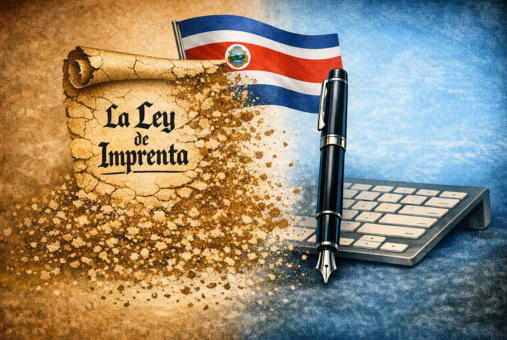
Lawmakers voted to eliminate arrest penalties from a century-old press law, but some journalists remain saddled with complaints and fines. “Legally, I’m as good as dead,” one said.
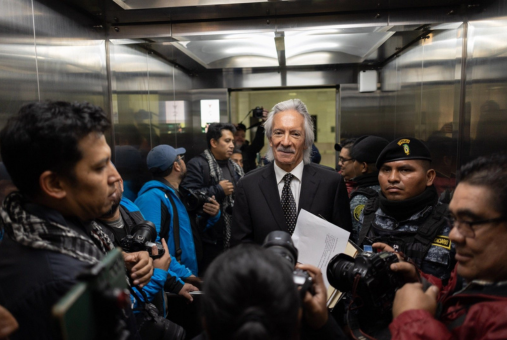
The director of former newspaper elPeriódico faces multiple criminal charges in cases international and national organizations criticize as flawed and politically motivated.
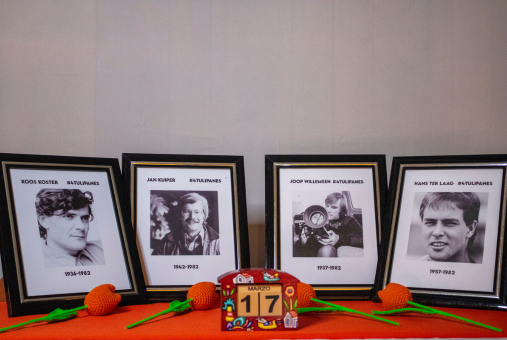
A Salvadoran court sentenced three former officers to 15 years in prison for ordering an ambush that killed four Dutch journalists during the civil war. It’s the first time a crime of humanity documented by the UN Truth Commission has led to a conviction in El Salvador.

Claudia Duque has spent two decades fighting for justice after being spied on and threatened by government agents. So now that the state is finally offering an apology, why is she refusing to accept it?
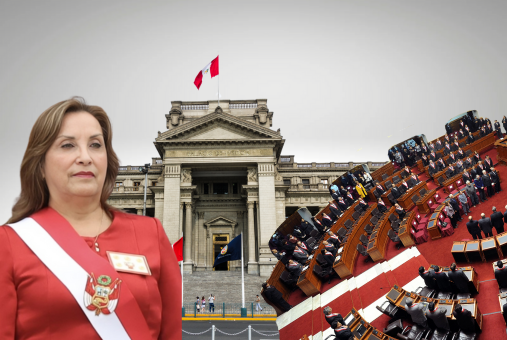
Press advocates say the three branches of the Peruvian government are targeting journalists with legal cases, legislation and verbal attacks.
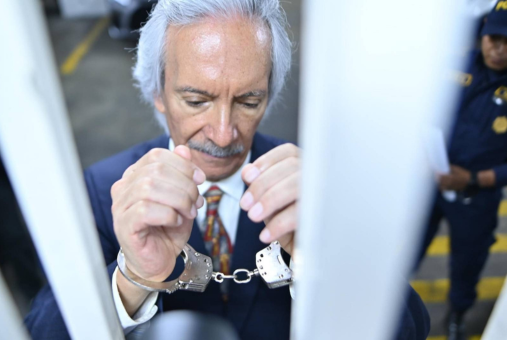
Zamora, known for exposing government corruption, was put behind bars after four months in house arrest. Press freedom groups say it’s part of an effort to silence critical reporting. It’s ‘arbitrary and illegal,’ his son José says.
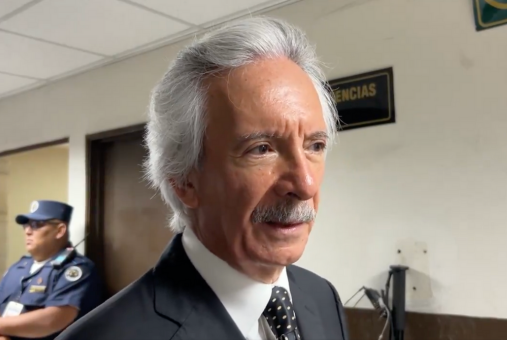
On May 15, the Ninth Court of Criminal Sentencing in Guatemala granted a substitute measure of house arrest, without surveillance, to journalist Jose Rubén Zamora, as reported by Guatemalan media. However, the founder of elPeriódico remains in prison due to another case against him. "They offered for me to leave the country and I never […]

José Rubén Zamora Marroquín has already spent more than 570 days in the Mariscal Zavala prison in Guatemala despite having his sentence annulled. Added to that is the fact that various national and international organizations have highlighted the violations of human rights and international law throughout his case. In what seems to be the most recent strategy […]
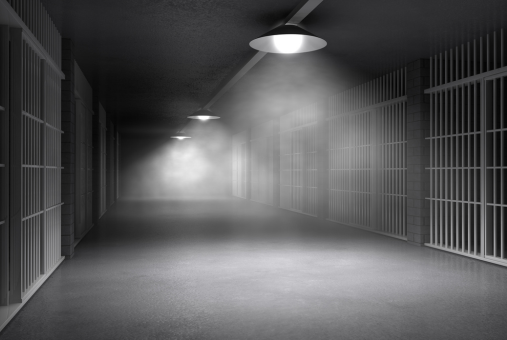
The Committee to Protect Journalists (CPJ) published its annual report on imprisoned journalists around the world. Although no country in Latin America and the Caribbean is on the list of “the worst jailers,” the report highlights three cases in the region and points out that media outlets and journalists there still face threats to carry out their work
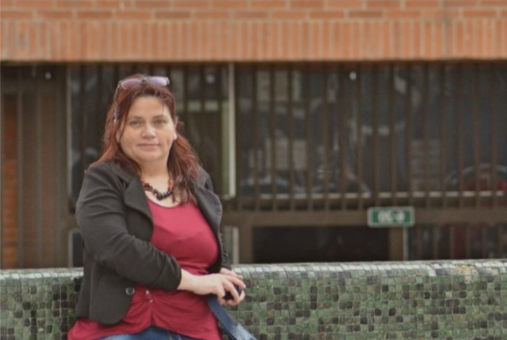
A Superior Court of Colombia recently sentenced one of those involved in the case of aggravated torture against journalist Claudia Julieta Duque to 12 years in prison. The journalist said the sentence left a “bitter” taste because the convicted former intelligence official is on the run.
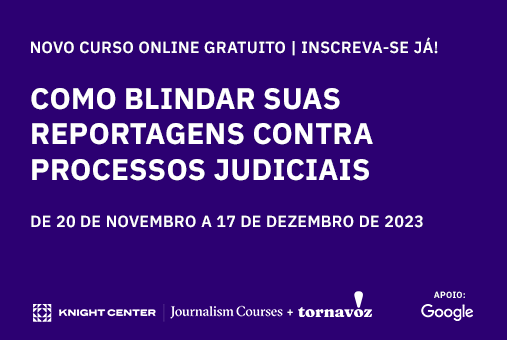
The Knight Center for Journalism in the Americas is pleased to announce a new free online course in Portuguese that will give Brazilian journalists the knowledge and tools they need to navigate the complex landscape of civil liability, privacy rights, right of reply, source confidentiality and more.
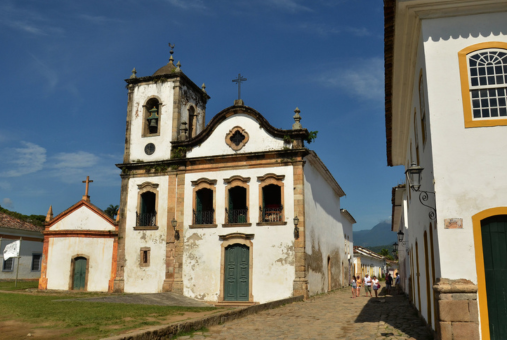
In the book "Pedophilia in the Church: An unprecedented dossier on abuse cases involving Catholic priests in Brazil," journalists Fábio Gusmão and Giampaolo Morgado Braga describe the first panorama of sexual abuse against children and adolescents by the clergy in the largest Catholic country in the world.